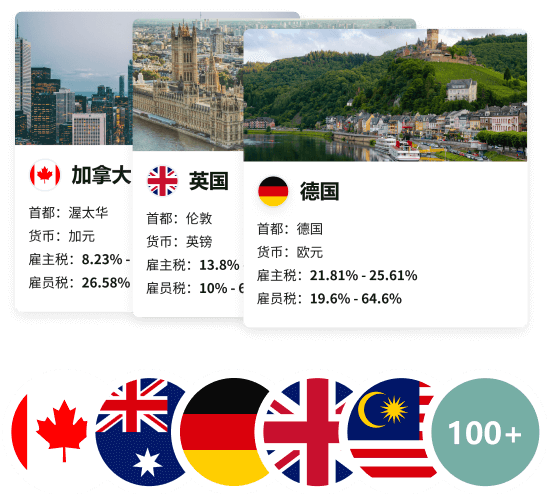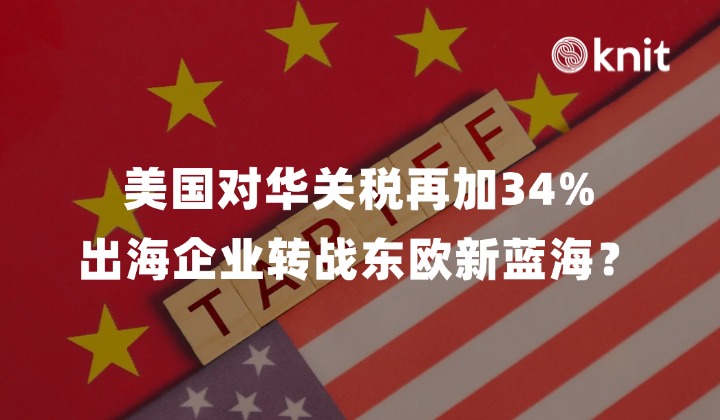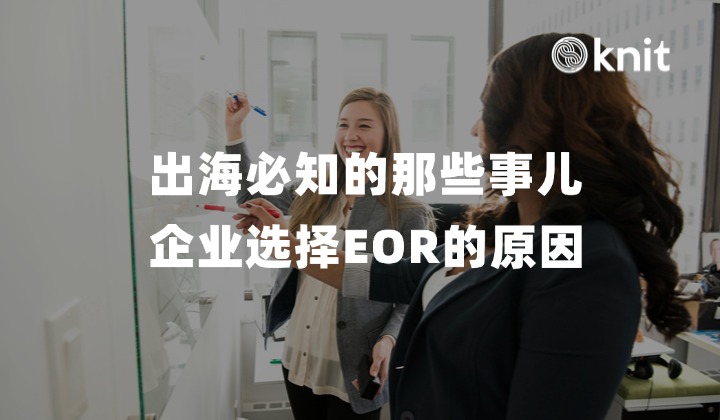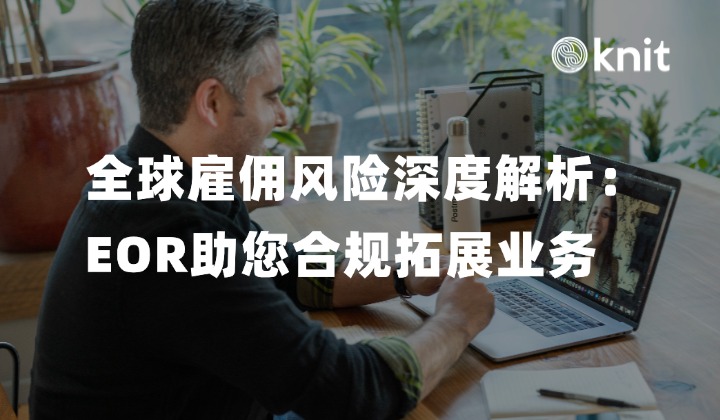A foreign invested enterprise (FIE) is a business form which allows an enterprise to invest financially in a business or project in a foreign jurisdiction. This particular business form is most commonly used when doing business in China, but it is also used in other jurisdictions, especially in Asia. Here we explain the key requirements for businesses that may be considering a foreign invested enterprise (FIE) in China, and when another business form may be more appropriate.
What is the Definition of a Foreign Invested Enterprise (FIE)?
China is now the world’s top destination for foreign direct investment, according to figures released by the UN. This means that many more businesses are considering investment in China, and need to consider the legal processes that have to be followed for such investment.
As a general concept, we might define a foreign invested enterprise as any legal vehicle in a country whose principal purpose is to permit investment from a foreign corporation in to that country. In China, FIEs have taken on a variety of specific legal forms. Prominent examples include:
- Wholly foreign-owned enterprises (WFOEs)
- Sino-foreign equity joint ventures (EJVs)
- Sino-foreign co-operative joint ventures (CJVs)
- Foreign-invested partnerships (FIPs)
- Foreign-invested venture capital enterprises (FIVCEs)
- Foreign-invested investment companies (FIICs)
- Foreign-invested companies limited by shares (FICLSs)
While many of these forms are still permitted under a five-year transitional period, under the new Foreign Investment Law (FIL), foreign investments are now dealt with under the general law, on a closer footing with domestic enterprises. Primarily this means FIEs need to comply with the Company Law 2018 and the Partnership Enterprise Law 2006.
Read more about the most common form of FIE in China, the WFOE, at How to Incorporate a WFOE (Wholly Foreign-Owned Enterprise) in China.
When Should a Business Use a Foreign Invested Enterprise?
Setting up a company in China as a foreign enterprise can be beneficial if your business needs a substantial legal presence in the country. Complying with the Foreign Investment Law, and setting up an FIE, is essential where:
- As a non China-based investor, you wish to establish an enterprise or a project to invest in, within China, whether on your own or with other investors;
- As a non China-based investor, you seek to acquire shares or other securities in a China-based enterprise;
- Other forms of foreign investment as may be specified under China’s laws from time-to-time.
Some examples of cases where it may be advantageous to make this kind of investment:
- Where there is a promising local company that you wish to invest in;
- Where you wish to start a project in China (such as an infrastructure project) that will require collaboration with local businesses;
- Where you need a branded platform of your enterprise on the ground in China in order to engage customers there or work with other local businesses.
When is a Foreign Invested Enterprise Not Required?
- A Representative Office (RO)
- An RO is able to carry out a restricted set of activities in China, and are primarily intended for an international business that is ‘scoping’ out the local market and conducting market research. They cannot execute contracts, import or export goods, or do business with other companies in their own name.
- A Global PEO
- A global PEO can provide employment solutions for a China-based workforce. This includes recruiting and hiring staff in China that will work on behalf of your client business. Using a global PEO may mean that you do not need to set up your own FIE, branch, or other local subsidiary (read more about these options at Branch versus Subsidiary: What Is the Best Option for Your Global Expansion?).
Conclusion
A foreign invested enterprise (FIE) is a common mechanism for doing business in China and in other countries in Asia. International businesses must use this legal form when investing financially in a China-based business or project.
For strategic advice on the best legal vehicle for your business dealings in China get in touch with Horizons. They can inform you as to whether an FIE is necessary for the business operations that you have planned for China.















